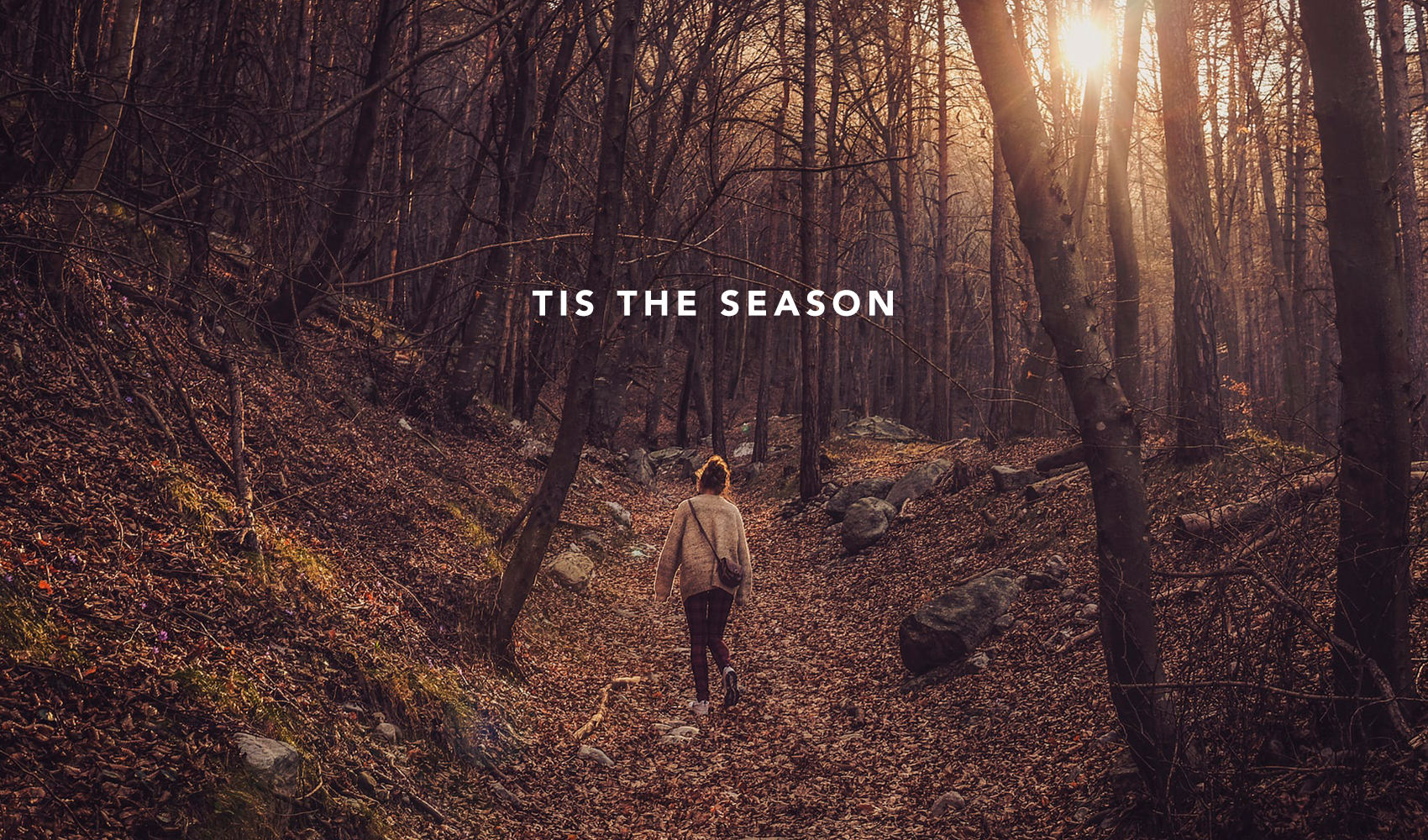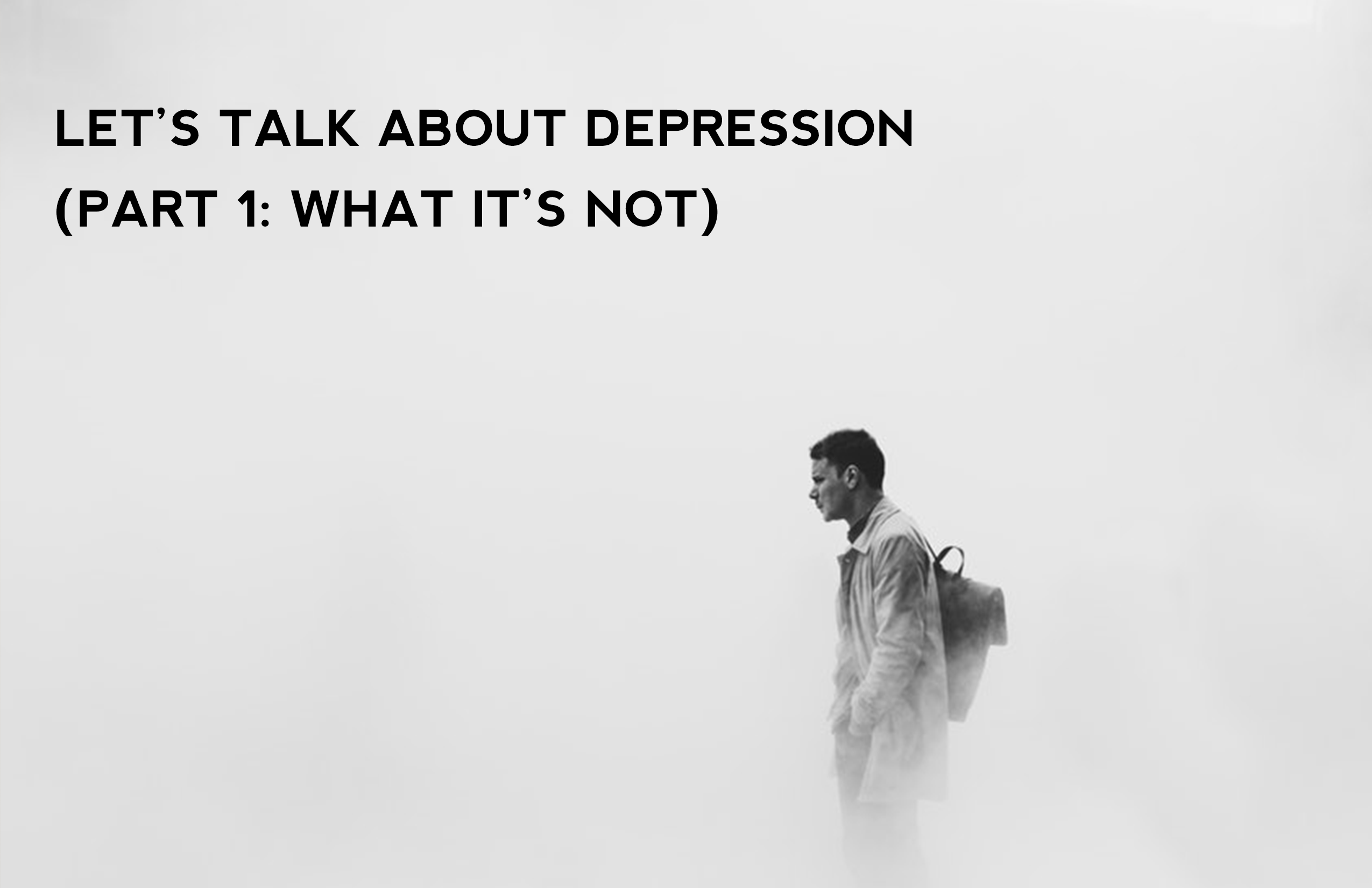For depression, that is. While everyone is feeling festive, getting creative with costumes, planning Thanksgiving dinners, and family trips for Christmas, the winter season also extracts a high toll for many people as well.
Daylight Savings just changed, so it’s darker earlier. We remember lost loved ones who you don’t get to celebrate the holidays with us anymore. Another year is ending, and realization sets in that you’re not where you hoped you be this year… again. And while everyone else seems so happy, you can easily be managing that “lonely in a crowd” feeling, while suffering with your pain internally.
Let me offer a few tips to surviving what has been called by many as Seasonal Onset Depression, or Seasonal Affective Disorder (SAD) this holiday season…
- Talk to someone! This is number one, because many people struggle alone unnecessarily. And you don’t have to! Chances are, you’re not alone. You don’t need a lot of people, but you need a one or two good ones, who know your pain, and who you can reach out to in a moments notice and know they’ll respond.
- Wake up earlier. The sun didn’t go away completely, we just messed our clocks up! If you make it a point to wake up a little earlier than before, you’ll get to see some of the sunlight. And that is really good for your mental health.
- Take care of your body. I’ve anticipated this with my own emotional struggles, and I got back into the gym about a month ago. I literally feel like I’m working my depression off even more than I’m working off the extra calories I probably shouldn’t have consumed.
- Stay in community. While you need one or two good people to confide in about your struggles, it’s also healthy to go to the company party, family gathering, church event, or whatever other forms of community you might be interested in participating in. It reminds you that you belong to this human race, you’re not alone, and there is good to experience, primarily through other people.
- Prayer/Meditation. Part of dealing with your depression is actually dealing with it. Time in prayer and meditation is a fantastic way to confront your struggle directly and process your pain in a productive manner that actually leads to healing.
- Don’t be ashamed. You’re not a blight on the season! You’re growing, healing, and communicating through your real struggle. So don’t add unnecessary guilt on top of depression.
Be healthy. Talk to someone, deal with your problems, don’t be ashamed… there’s hope for you! It might not be your fault for feeling this way, but it is your responsibility to take care of yourself through this season. Try to focus on the joys this season. There are a lot of wonderful things to reflect on and experience. Depression doesn’t have to dominate your season.
Blessings,
Pastor John




